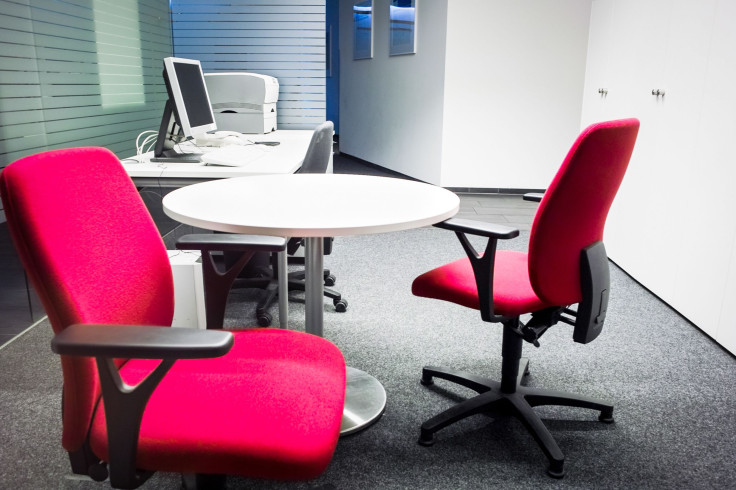Many Hardly See Sunlight During The Winter: Seasonal Affective Disorder Takes A Toll On Work Productivity

Getting to work before dawn and returning home after sunset is depriving many people of a much-needed dose of sunlight during the dark winters months, according to a survey conducted by U.K’s Mental Health Research (MHRUK).
This deprivation of sunlight caused by a daily work routine affects three in 10 adults, half of whom report a lack of natural sunlight in their office while one in 10 say that their work environment has no natural light at all, the UK charity reports. The mental toll of never basking in natural light includes lethargy, depression, and seasonal affective disorder (SAD).
The findings are significant with regard to productivity as it is estimated that one million working hours are lost each year due to SAD in the U.K., according to the charity. “The common work culture — especially in London — where lunch breaks are frowned upon may be contributing to the increasing numbers of those suffering from SAD,” MHRUK’s co-founding trustee, Laura Davidson, stated in a press release. “We were shocked that nine percent of those participating in the MHRUK survey stated that their workplace had no natural light at all."
The findings of the survey, which asked 1,201 people about light in their workplace, prompted Davidson to remind employers and educational establishments about their responsibility in make sure outdoor breaks and well-lit environments are provided so as to minimize the negative effects of light deprivation on mental health. “We want to increase awareness of SAD and depression, as well as reduce the stigma attached to mental illness.”
Davidson also went as far as noting that even people’s choice of clothing could have a beneficial effect on people’s frame of mind. “While wearing bright colours will not prevent SAD, which is caused by a lack of sunlight, there has been plenty of research linking mood and color,” she explained in the statement. “It’s obvious that bright colors are more cheering, and therefore it’s a concern that 15 percent of the men surveyed … felt it was not appropriate for a man to wear bright colours.”
She also disputed the perception held by 20 percent of those surveyed that darker colors are more professional. “Clearly we need a culture change in the workplace.” To jump start this shift in workplace mood (as well as raise awareness of depression and seasonal affective disorder) MHRUK is organizing a movement called ‘Blooming Monday’ that will encourage everyone to wear the brightest clothes they have on what is allegedly the most depressing day of the year, January 21st.
Source: Mental Health Research UK. Blooming Monday. (2014)



























